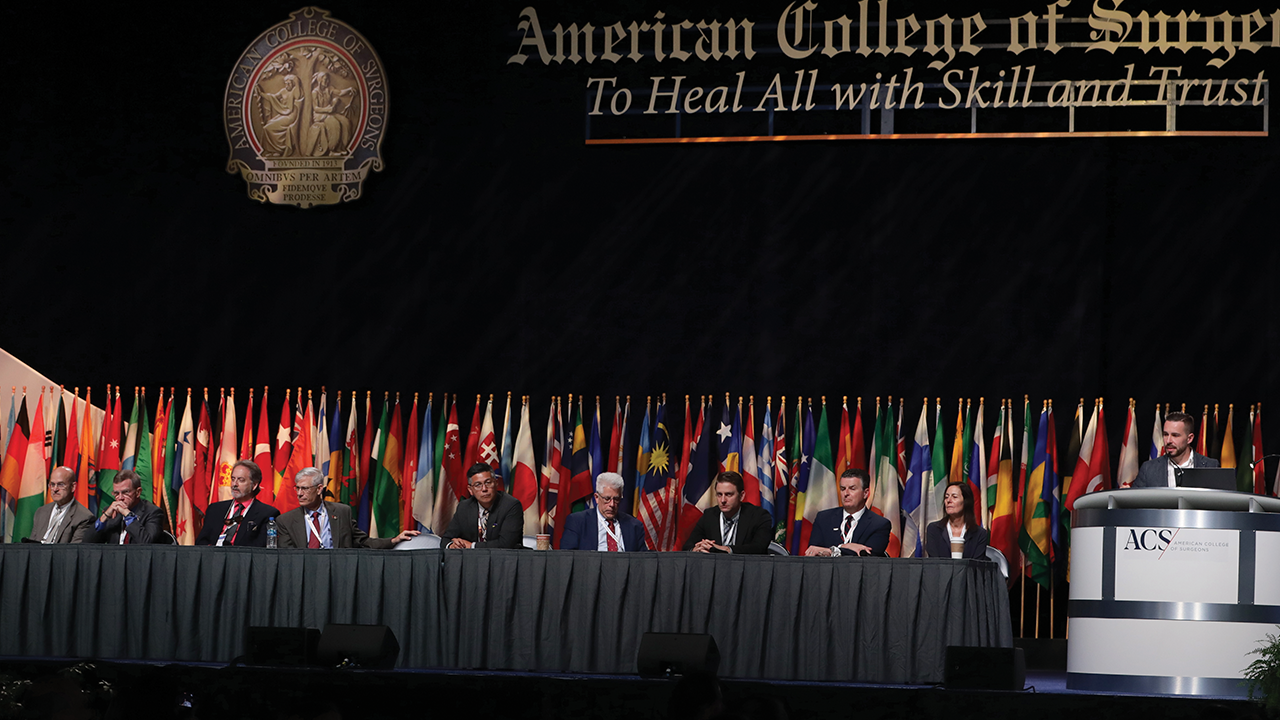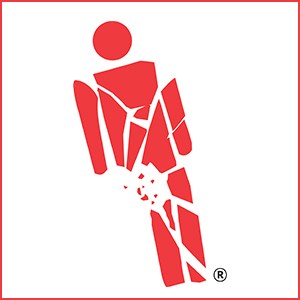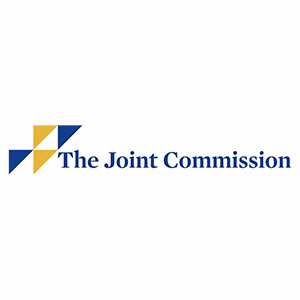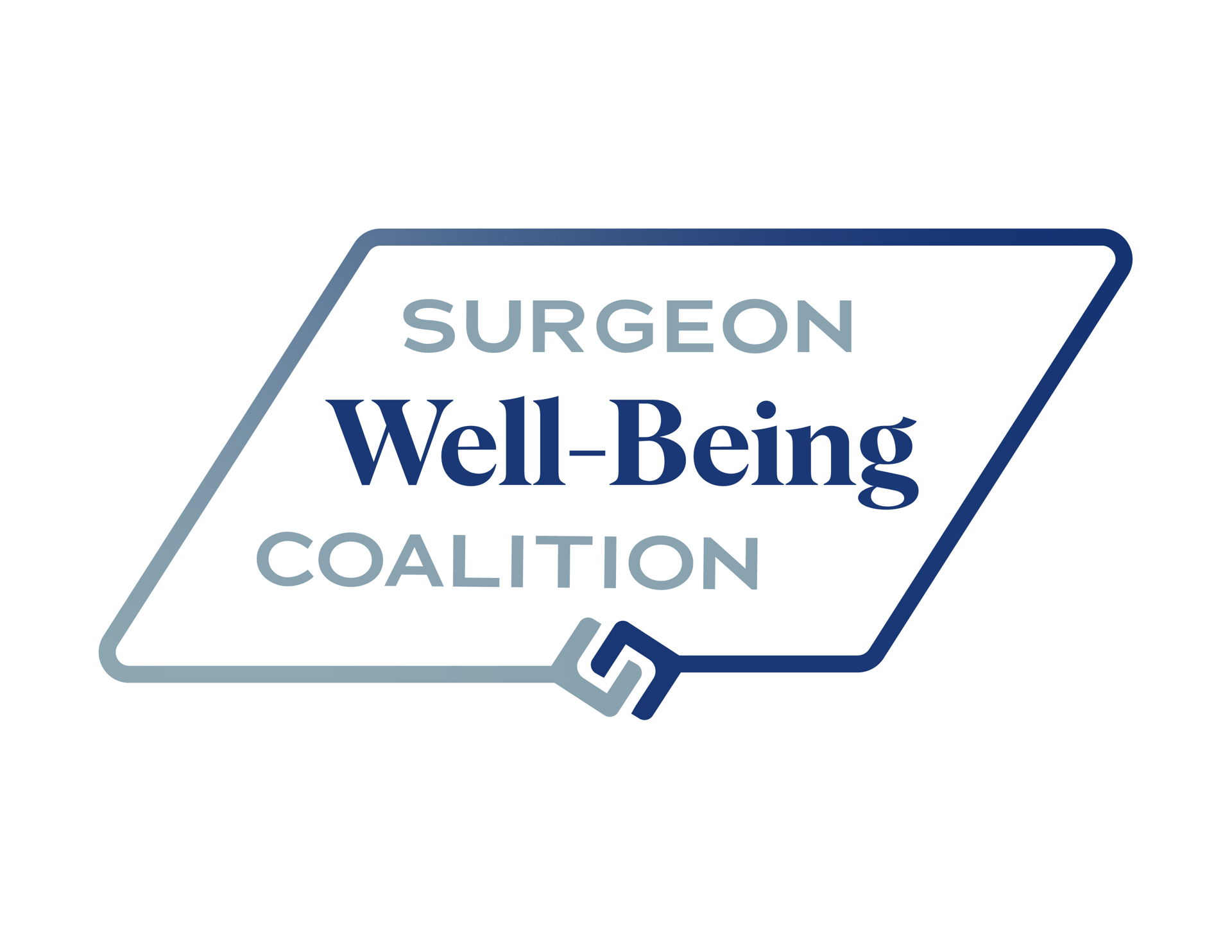Ukrainian Surgeon Hnat Herych, MD, PhD
One of the most impactful presentations came from Dr. Herych, a surgeon from Lviv, Ukraine, who described the difficulty in watching his fellow Ukrainian citizens experience devastating war injuries. Lviv is a city in the western part of Ukraine, away from the eastern front, but Dr. Herych’s large, modern hospital is one of the best equipped to handle the mass injuries of civilians and combatants.
More than 6,000 patients with war injuries have been received at his hospital, Dr. Herych said. Unfortunately, there has been no discrimination when it comes to severity or target of attacks, and “soldiers, newborns, and older patients are experiencing the same types of injuries.”
War-related challenges for providing treatment have included arrival of mass casualties simultaneously, increased demand for blood transfusions, and the logistics of managing evacuations. However, the war has prompted advances in Ukrainian medical treatment, including the use of whole blood, which was previously illegal. “With the help of friends from Ukraine and the US, we started using blood transfusion even while it was illegal,” Dr. Herych said. The ministry of health came to allow the use of whole blood after seeing the positive results in patients.
Dr. Herych also spoke on the difficulties of communicating about medical treatment, infection control, and continuing treatment while Russian attacks continue to target infrastructure, homes, schools, and hospitals. He stressed that the war is not over—just recently, Russia launched missiles across the country, including in Lviv. Dr. Herych showed footage of explosions visible from his hospital.
However, Dr. Herych concluded, “The surgeons here in this meeting room who come to Ukraine are true heroes,” he said. “They are an example of how people can support a nation that is fighting for their freedom, their democracy, and their independence.”
The Clinical Congress session discussed in this article, SL03. The Ukrainian Crisis: Surgical Lessons Learned, is available to view on-demand via the conference’s virtual platform through May 1. All Clinical Congress registrants have access to the on-demand content; others can register at facs.org/clincon2022.










